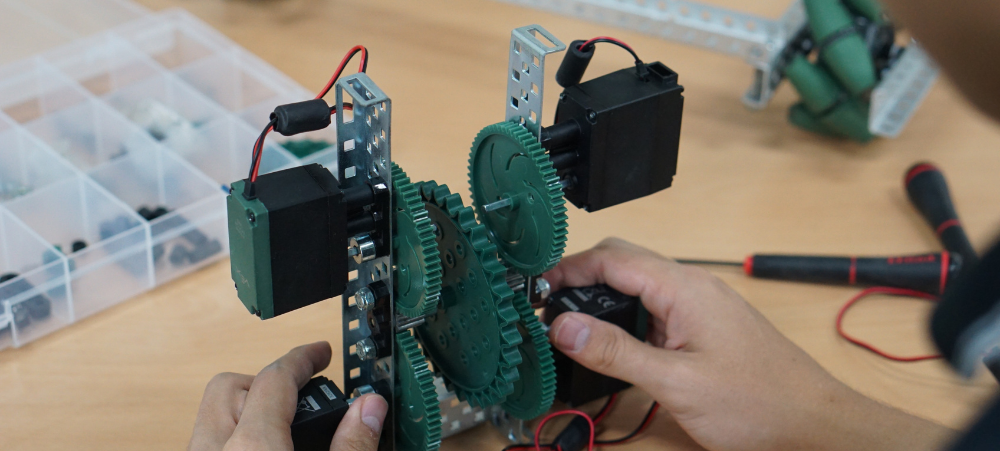Technology refers to the application of scientific knowledge and tools to solve practical problems or achieve specific objectives. It encompasses a wide range of tools, systems, and processes designed to facilitate human activities, improve efficiency, and enhance productivity. Examples of technology include computers, smartphones, software applications, internet services, and digital devices used in various fields such as education, healthcare, communication, transportation, and manufacturing.
Why is technology important for online tutors and students?
Technology plays a crucial role in online education by providing access to resources, facilitating communication and collaboration, enabling personalized learning experiences, and enhancing flexibility and convenience. Specifically:
Access to Resources: Technology enables online tutors and students to access a wealth of educational resources, including textbooks, articles, videos, interactive simulations, and online courses, regardless of geographical location.
Communication and Collaboration: Online platforms and tools facilitate communication and collaboration between tutors and students, allowing them to interact in real-time through video conferencing, messaging, and virtual classrooms. This fosters engagement, participation, and interaction in online learning environments.
Personalized Learning: Technology enables personalized learning experiences tailored to individual student needs and preferences. Adaptive learning platforms, AI algorithms, and data analytics tools analyse student data to provide customized recommendations for learning resources, topics, and study strategies, optimizing the learning process for each student.
Flexibility and Convenience: Online education offers flexibility and convenience, allowing students to learn at their own pace and schedule. Technology enables asynchronous learning, where students can access course materials and complete assignments at their convenience, accommodating diverse learning styles and preferences.
How can we manage the negative effects of technology?
While technology offers numerous benefits, it also poses potential challenges and negative effects that must be managed effectively. To mitigate the negative effects of technology in online education, consider the following strategies:
Digital Literacy Education: Provide students with digital literacy education to teach them how to use technology responsibly, ethically, and safely. Educate students about online privacy, cybersecurity, information literacy, and critical thinking skills to navigate digital environments effectively.
Balanced Use of Technology: Encourage a balanced approach to technology use by incorporating offline activities and face-to-face interactions into the learning experience. Encourage students to take breaks from screens, engage in physical activities, and maintain healthy habits to avoid excessive screen time and digital overload.
Monitor Screen Time: Monitor and limit screen time to prevent technology addiction and digital fatigue. Set guidelines and boundaries for screen time during online learning sessions and encourage students to take regular breaks to rest their eyes and minds.
Promote Digital Wellbeing: Foster a culture of digital wellbeing by promoting mindfulness, self-care, and healthy technology habits. Encourage students to practice mindfulness exercises, set digital boundaries, and prioritize offline activities to maintain a healthy balance between online and offline life.
By implementing these strategies, educators can harness the power of technology in online education while mitigating its negative effects, ensuring a safe, effective, and enjoyable learning experience for all students.
- Why Parents Are Choosing Premium Online Schools in 2026: Safety, Governance, and Student Experience - December 22, 2025
- Rethinking Socialisation in Online Schooling: The Innovation the Media Overlooked - December 17, 2025
- Online Schooling, Accreditation, and Trust: What Parents Need to Know in 2026 - December 11, 2025





